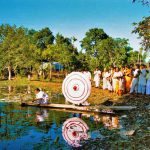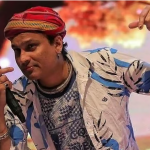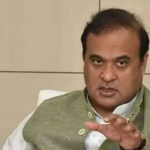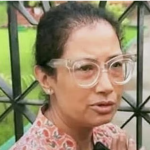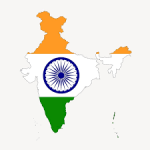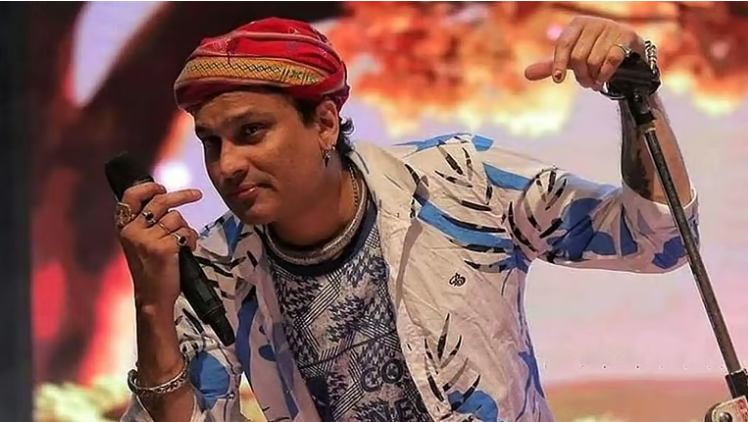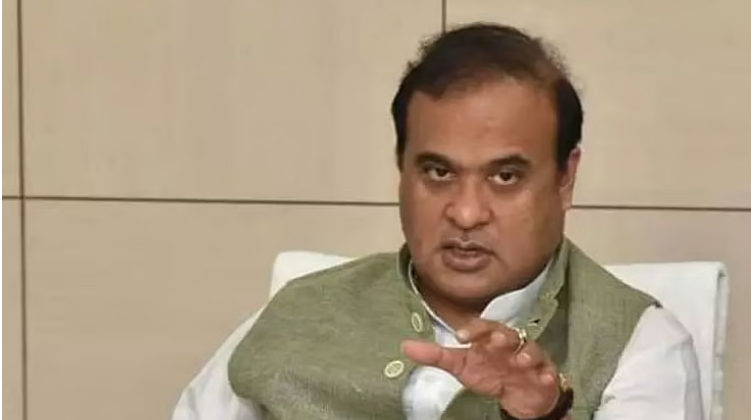Guwahati: On Thursday, Assam Chief Minister Himanta Biswa Sarma expressed his approval of the Centre’s decision to incorporate caste enumeration in the national census scheduled for 2027, describing it as a long-awaited measure that will greatly benefit the indigenous Muslim communities of the state. In a media briefing, CM Dr Sarma stated that this initiative would enable these communities to assert their unique socio-cultural identities, which have frequently been neglected in broader religious or migratory classifications.
“The proposed caste-based census will realize the long-standing aspiration of indigenous Muslims for formal acknowledgment of their distinct identity,” he remarked. The Centre confirmed on Wednesday that the 16th nationwide census will include caste data, following a decision made by the Cabinet Committee on Political Affairs (CCPA) on April 30. This represents a significant change in national policy, as caste data has not been gathered since the censuses conducted during the British era. In Assam, communities such as the Goria, Moria, Deshi, Syed, and Jolha (Julha) Muslims of the Brahmaputra Valley, along with the Kiren and Maimal Muslims of the Barak Valley, have actively sought recognition as indigenous groups.
Although they share a common religion, they highlight their distinct ethnic, linguistic, and cultural identities, which set them apart from Muslim populations of migrant origin. Last month, the Assam government began preparations for a state-level caste census aimed at documenting these communities. According to the CM, their languages, traditions, and historical backgrounds are essential components of Assam’s civilizational heritage.

